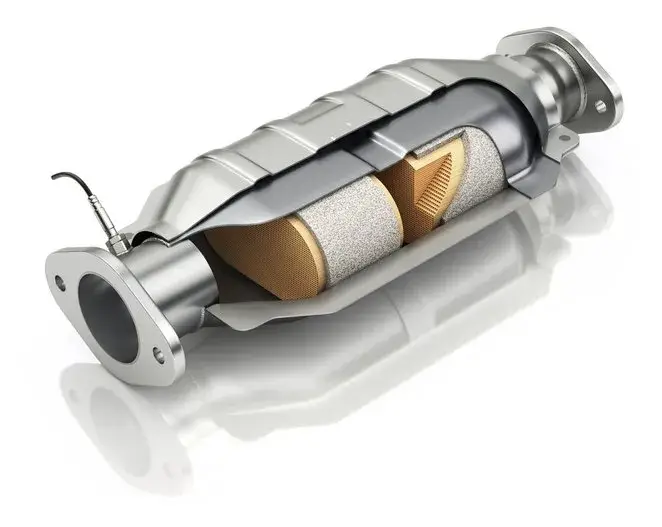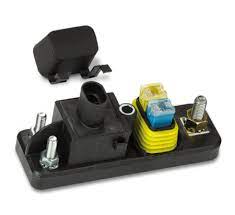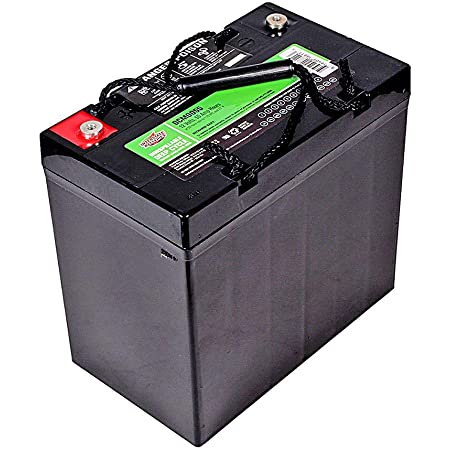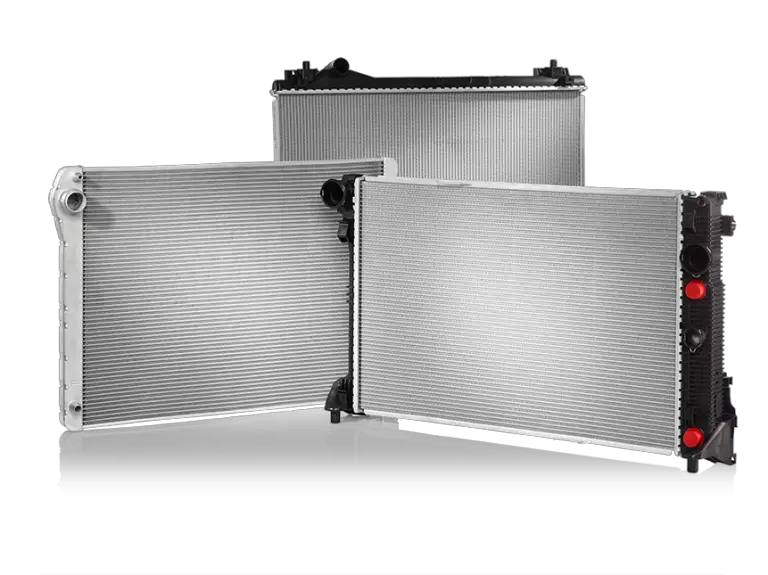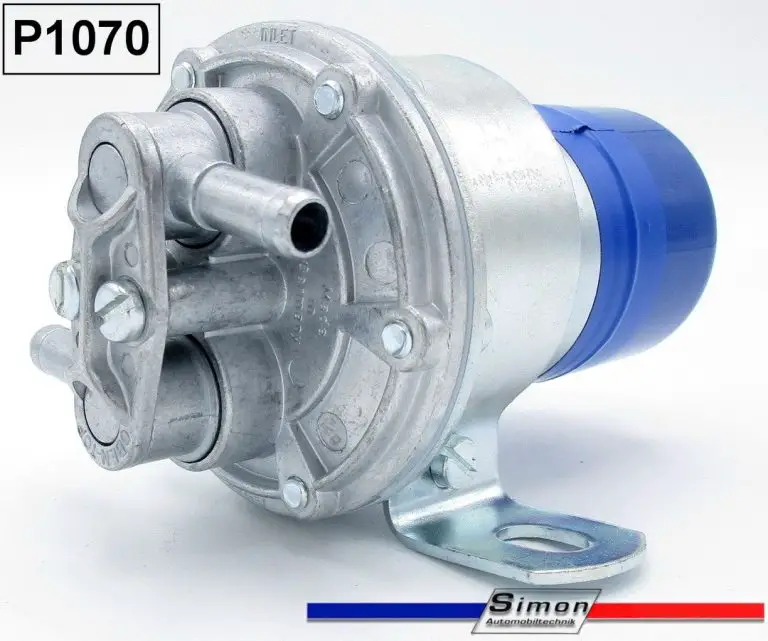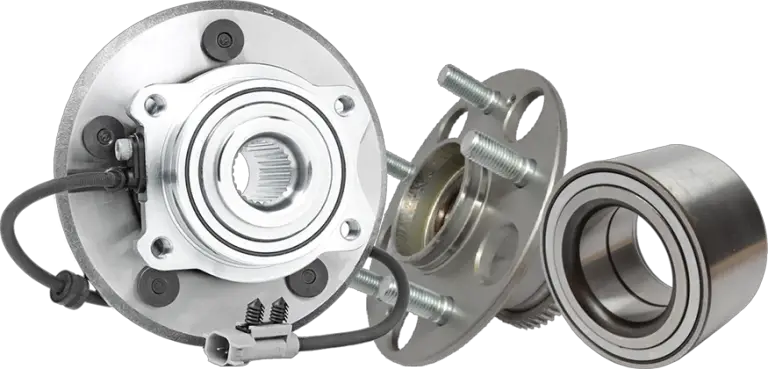Car Shakes When Accelerating but Not When Coasting – What Might Be the Reasons?
Motorists experience shakes in their cars when they accelerate but not when they coast. This can result in a lot of uncomfortable situations.
When coasting without help from an experienced mechanic, you might find it hard to discover the exact reason why your car shakes when you accelerate, even though some causes are more obvious.
In this article, we will explain some of the reasons why your car shakes when you accelerate but not when you coasting, and how to fix it.
Let’s get started.
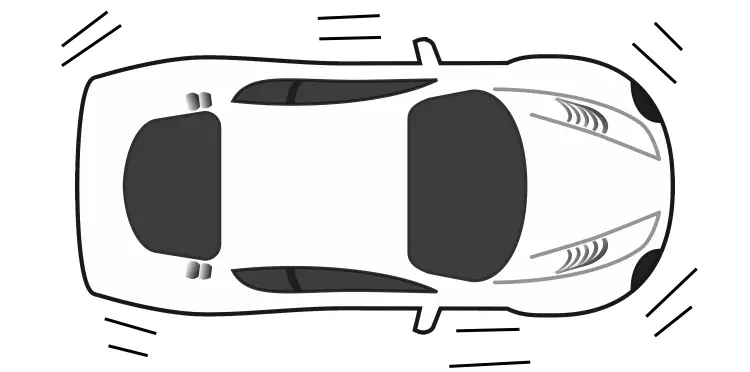
Possible Causes
Bad CV Joints
A bad cv joint is one of the main reasons why a car shakes when going fast. The misconception is that CV joints are only used to connect the transmission to the axles.
CV joints play an important role in allowing rotation and stopping movement along the shaft axis. It is possible to align a cross-shaped inner CV with a flat outer CV.
If the CV joints become faulty, it could be the reason why the car shakes when it’s speeding.
Loose Bearings
A loose or failing wheel bearing is one of the main reasons why a car shakes when it is speeding.
It can be difficult to identify since many people don’t realize this problem until it’s too late to deal with them.
Ensuring the wheel remains aligned with its axis is one of the functions a wheel bearing performs.
There are cracks in the bearings that can cause them to move out of their axis, and this could cause the car to shake.
Worn-Out Engine Mount
The worn-out engine mounts are one of the reasons why a car does not shake when coasting.
Engine mounts separated the engine from its frame and disconnected other components from the noise of the engine.
The engine mounts will last between 5 and 7 years before they need to be replaced.
Whenever you accelerate, a worn-out engine mount can cause your vehicle to shake, rattle, and squeak.
Loose Lug Nuts
Wheel studs and your suspension system rely on lug nuts. They are of various shapes and sizes, but their primary job is to tighten a wheel’s hub.
A good number of these nuts tend to get loose while others are not adequately tightened.
It’s a reason why a car shakes when it’s speeding but not when it’s coasting if they’re not tightened right.
Vacuum Leak
A vacuum leak can cause a car to shake when it’s on the move, but not when it’s coasting.
If there is a leak in a vacuum, it means there is a cracked intake hose or a bad intake manifold gasket.
Bad Struts or Shocks
If your shocks have a break or crack, it can cause your car to shake when you accelerate but not when you coast, which is a common occurrence in a car.
Faulty Brake Calipers
It is possible to cause car shakes when you accelerate but not when you coast if your brake calipers are faulty.
Once your brake calipers stop functioning as they should, they can no longer prevent your car from rolling, thus causing the wheels to move in unpredictable ways, thus making your car shake.
Worn-Out Clutch
A worn-out clutch can cause your car to shake when you accelerate but not when you coast.
Even if people don’t notice the reason for their car shaking is a worn-out clutch or pressure plate, this is still a problem.
If your pressure plate is worn out, it will fail to transmit the ideal amount of Torque to the flywheel, which will make you accelerate more often than usual.
Severe vehicle shakes can occur if you have a worn-out clutch.
Bent Axle
A bent axle is one of the most common reasons why a car shakes when it’s speeding. There is a professional mechanic who can have the axle straightened.
Since there are arcs that can only be seen at certain angles, there is a need to check if there is another bend after doing all this.
Unbalanced Tires
Your vehicle may shake during acceleration if you have unstable tires. Unbalanced tires can be a result of different wear patterns.
There is a possibility that the tire pressure is malfunctioning. Shakes can be caused by vibrating tire treads, which can result in acceleration or turning.
How to Fix This Issue?
Some of the reasons why a car shakes when it’s speeding but not coasting are known, but there are some solutions to these problems.
You should keep in mind that you need to see to the repair of these problems so that your car can function again.
Some problems can be fixed on their own, while others require the services of a professional mechanic.
Replace Bad CV Joints
If you want to repair a car that shakes when you accelerate but not when you coast due to bad CV joints, you need to remove the drive shaft and study the movements of the joints.
If there is insufficient grease or rustic contact, you need to examine the lubrication within the joints. Changing the CV joints is necessary if you notice any of these factors.
Replace Bad Spark Plugs
If the reason why your car shakes when you accelerate but not when you coast is because of bad spark plugs, then you need to locate where the plugs are.
They should be disconnected after locating them and replaced with new ones. Ensure that the plugs you use are suitable.
Fixing Other Causes
You might want to fix other issues such as the broken axle.
Since these are the kinds of problems that require a lot of technical knowledge, you will need the help of experienced personnel or mechanics.
If you don’t have the required knowledge, take your car to a mechanic for repairs.
FAQs
Why Does My Car Shake When I Accelerate?
If your engine mounts are loose or damaged, they won’t absorb the shakes that come from your cranking engine properly, so you’ll probably feel them when you step on the gas.
Sometimes a steering and suspension system can cause a car to shake when it’s speeding but not when it’s coasting.
Is It Possible That a Bad Transmission Causes a Car to Shake?
Low automatic transmission fluid can cause shakes in your car. You should take the shakes to a professional if they come with the check engine light.
If you drive a manual car, the clutch master cylinder could be to blame for the shakes.
Why Is My Car Shuddering?
When you have issues with your wheels, it is the most important reason for shuddering.
Uneven wheels and tires, unbalanced tire wear, disconnected tire tread, worn-out tires, and damaged wheels are a few of the problems.
If you did wheel alignment at the right time it would help.
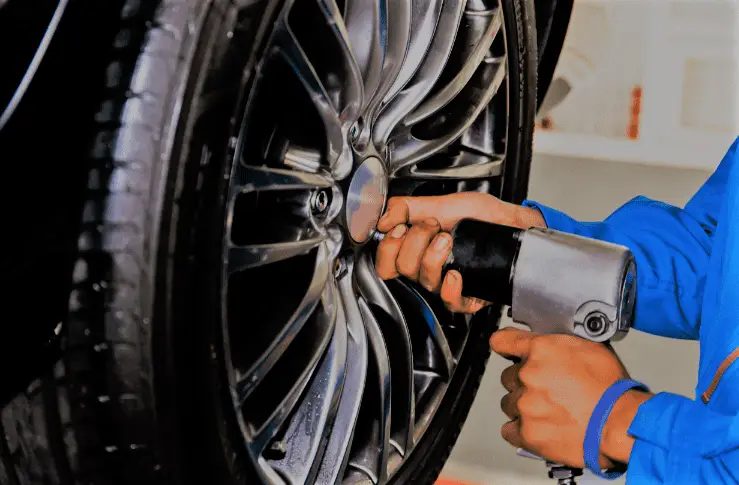
Is It Possible That a Low Battery Causes Car Shake?
When the power from the battery isn’t enough for the engine, the alternator should perform the function of keeping it running.
The result is that your vehicle stalls out because of the pressure on its engine.
Conclusion
There is no effect unless there is a reason. It’s not possible to experience car shakes when you accelerate but not when you coast.
It could be that you have faulty CV joints, worn wheel bearings, worn engine installations, loose faulty vacuum leaks, unbalanced tires, and bent axles, amongst others.
You must seek a solution to the problem as soon as possible so that you and your passengers don’t end up in a situation where they might die.

Truck driver by profession, automotive lover by heart. Ricky is the main publisher and editor at Truckile.com sharing his life-long knowledge and experience in the auto industry and truck driving!

